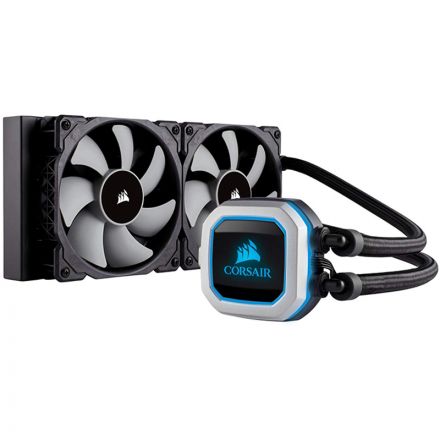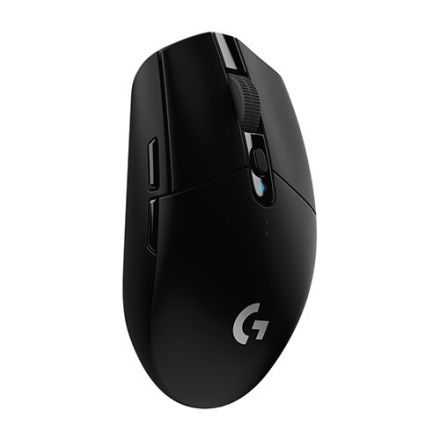This website uses cookies to ensure you get the best experience on our website. Read more


Posted: December 04, 2023
As technology continues to advance at a rapid pace, staying ahead in the world of gaming requires careful consideration of the components that make up your gaming rig. One of the most crucial elements is the Central Processing Unit (CPU), often considered the brain of your gaming setup. In this guide, we'll delve into the key factors to consider when selecting a CPU to future-proof your gaming rig for optimal performance.
Understanding the Basics
Before we dive into the specifics, let's briefly cover the basics. The CPU is responsible for executing instructions and performing calculations necessary for running applications and games. In the gaming world, a powerful CPU is vital for handling complex tasks, such as physics simulations, artificial intelligence, and other computations that contribute to a smooth gaming experience.
Consider Your Budget
The first step in selecting the right CPU is to establish your budget. Fortunately, there are CPUs available at various price points, offering a range of performance levels. While it's tempting to go for the latest and most expensive models, it's essential to strike a balance between performance and cost. Assess your gaming needs and allocate your budget accordingly.
Performance Metrics
When it comes to CPU performance, several key metrics should guide your decision-making:
Clock Speed: Measured in gigahertz (GHz), the clock speed determines how fast the CPU can process instructions. Higher clock speeds generally result in better performance, especially in tasks that require quick calculations.
Core Count: Modern CPUs come with multiple cores, allowing them to handle multiple tasks simultaneously. While many games still rely heavily on single-core performance, an increasing number are optimized for multi-core processors. Aim for a CPU with at least four cores for a balanced gaming experience.
Thread Count: Threads allow a CPU to execute multiple tasks concurrently. CPUs with simultaneous multithreading (SMT) or Hyper-Threading (HT) can handle more threads than physical cores, improving overall performance. Consider CPUs with a higher thread count for enhanced multitasking capabilities.
Compatibility and Future-Proofing
Future-proofing your gaming rig involves ensuring compatibility with upcoming technologies and software. Look for a CPU that supports the latest standards, such as PCIe 4.0 for faster data transfer between components. Additionally, consider the longevity of the CPU socket, as this determines your upgrade path. Opt for a motherboard with a socket that is likely to support future CPU releases.
Brand and Model Selection
The CPU market is dominated by two major players: AMD and Intel. Both offer competitive options, and choosing between them often comes down to personal preference, budget constraints, and specific use cases. Research the latest models from each manufacturer, read reviews, and consider benchmark results to make an informed decision.
Overclocking Capabilities
For enthusiasts seeking extra performance, the ability to overclock a CPU is a valuable feature. Overclocking involves pushing the CPU beyond its default clock speed to achieve higher performance levels. If you're interested in overclocking, ensure that the CPU and motherboard you choose support this feature.
Conclusion
In conclusion, future-proofing your gaming rig involves careful consideration of your budget, performance requirements, and compatibility with emerging technologies. Selecting the right CPU is a crucial step in building a gaming setup that can handle the demands of upcoming titles and technologies. Stay informed, compare options, and invest wisely to ensure your gaming rig remains a powerhouse in the years to come.














